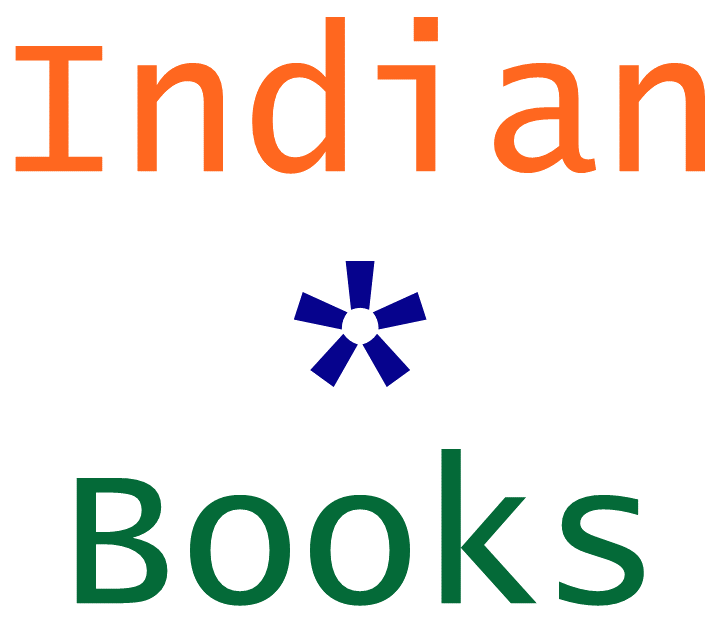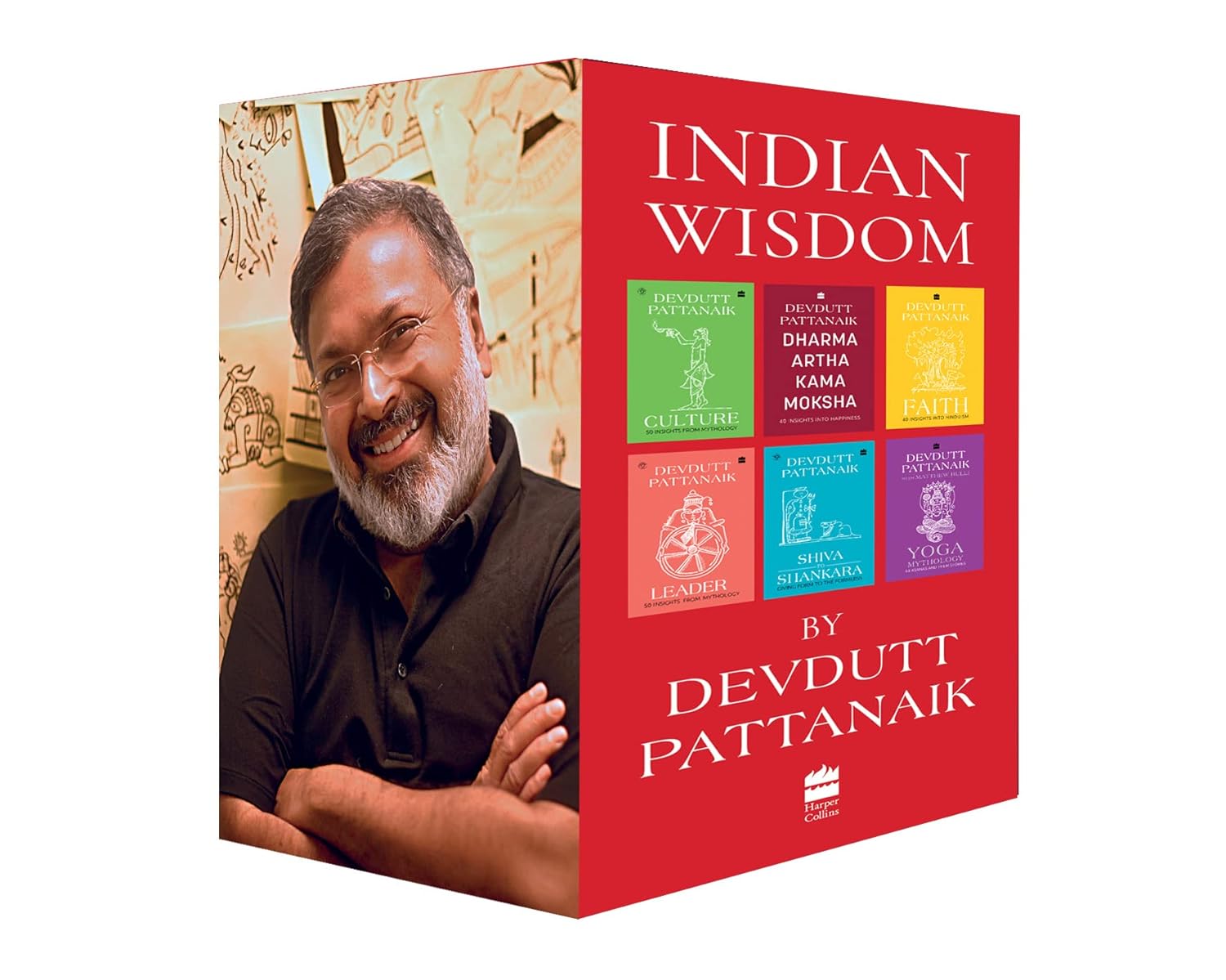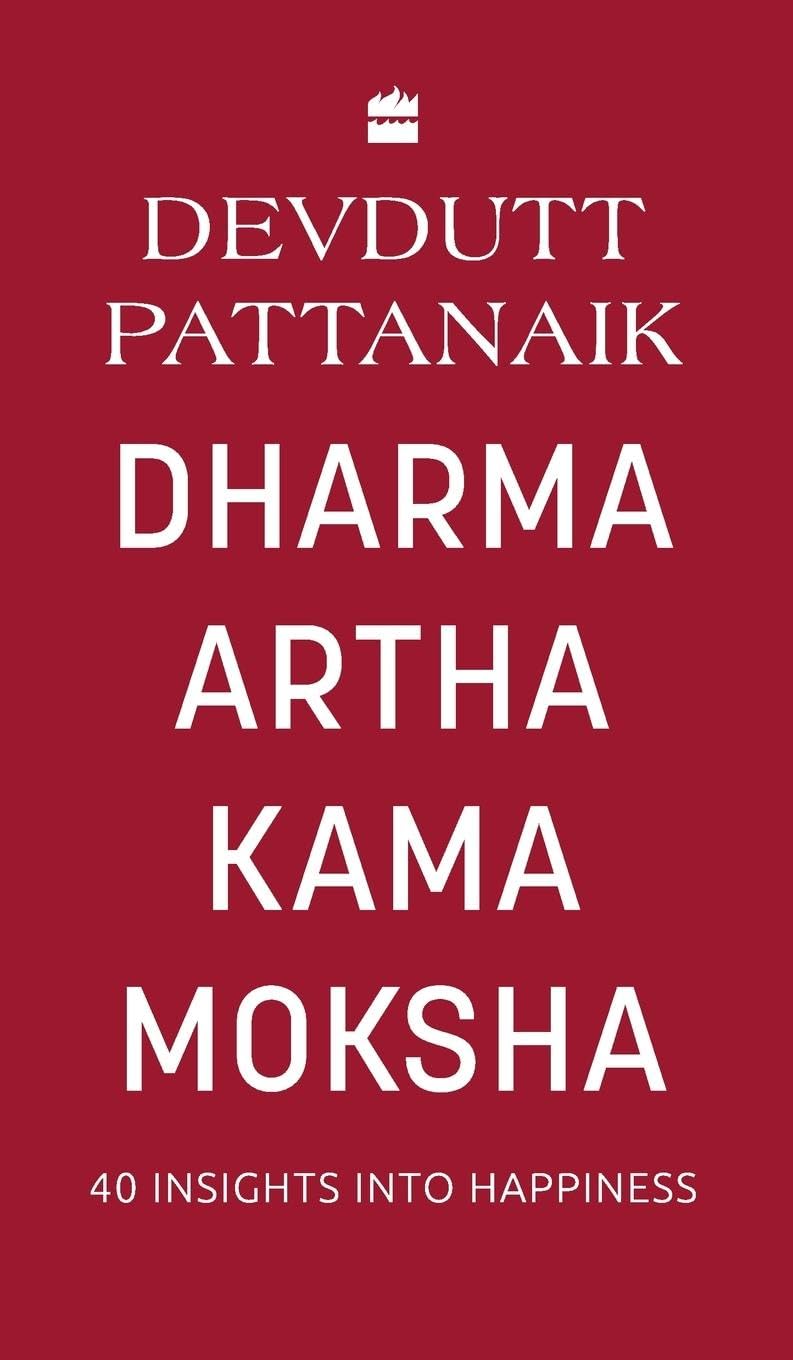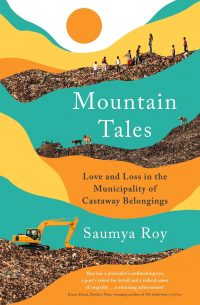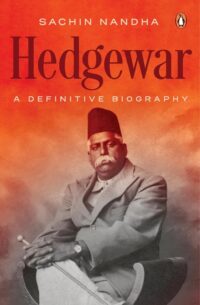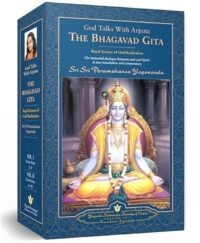Indian Wisdom by Devdutt Pattanaik (boxset of 6)
€ 50,00
Author: Devdutt Pattanaik
Cover: Paperback (in box)
A set of six bestselling books by Devdutt Pattanaik. Includes:
1) Leader: 50 Insights from Mythology
What does the Biblical story of Nathan and David say about effective communication skills? How do you identify the Raja Bhoj, the Gangu Teli and the Shekchilli in your office? What is the corporate equivalent of an Ashwamedha yajnayagna? Drawing from sources as diverse as the Mahabharata and the Bible, the Vikram-Betal stories, the Iliad and the Odyssey, Islamic tenets, the tales of rishis and kings and fables from around the world, Devdutt Pattanaik, India’s leading mythologist, provides a fascinating account of what leadership entails. How to choose the right leader, effective communication with a boss, maintaining the right balance between discipline and leniency – on these and other workplace situations, Pattanaik shows what leaders of today can learn about the art of leadership from stories written thousands of years ago, things no management course can teach them.
2) Culture: 50 Insights from Mythology
How do myths and stories influence culture? What is the difference between one culture and another, and how did these differences come to be? Are cultures fixed or do they change over time? Devdutt Pattanaik breaks down the complex maze of stories, symbols and rituals to examine how they shape cultures. He investigates how stories influence perception and construct truths, the cultural roots of the notion of evil and reveals the need for mythology through a telling of various Indian and Western myths. In doing so, he shows how myths reflect the culture they emerge from while simultaneously reinforcing the source.
3) Yoga Mythology: 64 Asanas and Their Stories
The popular names of many yogic asanas — from Virbhadra-asana and Hanuman-asana to Matsyendra-asana, Kurma-asana and Ananta-asana — are based on characters and personages from Indian mythology. Who were these mythological characters, what were their stories, and how are they connected to yogic postures? Yoga Mythology (co-written with international yoga practitioner Matt Rulli) retells the fascinating tales from Hindu, Buddhist and Jain lore that lie behind the yogic asanas the world knows so well; in the process he draws attention to an Indic worldview based on the concepts of eternity, rebirth, liberation and empathy that has nurtured yoga for thousands of years.
4) Shiva to Shankara: Giving Form to the Formless
We live in times where people have extreme views. On the one hand, there are scholars who describe Shiva’s linga literally as a phallus and see all metaphoric meaning as embarrassed apology of the uneducated. On the other hand, we have puritanical Hindus who want to strip the Shiva linga of all sexual meaning and sanitize Shiva’s lore. In both cases, a symbol is being reduced to a sign.In Shiva to Shankara, Devdutt Pattanaik, India’s leading mythologist, seeks to bridge the gap. As he explores the layers of meanings embedded in Shiva’s linga, we discover why and how the Goddess transforms Shiva, the hermit, into Shankara, the householder.
5) Faith : 40 Insights into Hinduism
Why are Hindus so ritualistic? Why do they worship idols? Were Hindus always casteist? Are Hindus supposed to be vegetarian? Why is a Hindu prayer different from a Muslim or Christian prayer? Did the arrival of Muslim invaders a thousand years ago destroy Hindu culture? Answering key questions on Hindu philosophy and associated Indian history in simple, lucid, engaging ways, and exploring the often curious customs and beliefs that are an intrinsic part of the Hindu faith, this book is a treasure house of information on the complex tenets of Hinduism. For many a curious reader, Faith: 40 Insights into Hinduism will prove to be a delightful and eye-opening introduction to the intricacies of one of the world’s most practiced religions.
6) Dharma Artha Kama Moksha: 40 Insights for Happiness
Artha-shastra is about generating food, i.e. wealth, by creating goods and services; Kama-shastra is about indulging our hungers with this food. Dharma-shastra insists we consider the hunger of others, while Moksha-shastra is about outgrowing our hungers, in order to be detached and generous. Together, these four Hindu shastras provide a framework within which human action, its purposes and consequences, can be defined; together, they validate human existence and give it meaning.
